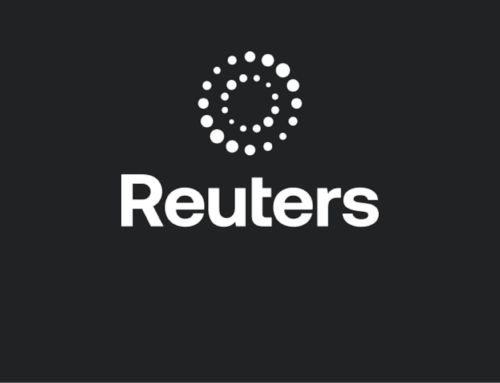Investors flock to equity funds that exclude US after Donald Trump’s return to power
May 21, 2025

European and Asian investors pumped record sums into global equity funds that exclude the US market after President Donald Trump’s return to the White House.
Investors put $2.5bn into world ex-US mutual and exchange traded funds between the start of December and the end of April, according to data from Morningstar. The inflows — more than $2.1bn of which came in the past three months — include the highest monthly total on record and mark a reversal after three years of net withdrawals.
The upsurge in interest has prompted a number of fund launches, with BlackRock, Germany’s DWS and Amundi of France among those to have listed ETFs.
“There is a question mark about the US’s role in the global economy and we have seen a reversal in flows, we have seen a consistent outflow for the first time in many years,” said Kenneth Lamont, principal of research at Morningstar.
“The US has been the location of choice for global capital and there are many investors who are questioning the US’s prime position within global markets as an investment destination.”

Global equity funds that exclude US stocks have been out of favour for years, amid a huge rally on Wall Street for most of the past decade or more that has sucked in foreign investors.
Investors pulled a net $2.5bn from these funds between 2022 and 2024. During that period the MSCI World ex-USA index gained just 7 per cent, compared with a 25 per cent rise in the S&P 500.
However, these funds have regained those lost assets in just five months, as investors have grown fearful that sweeping tariffs announced by Trump — who was elected for the second time in November and became president again in January — could cause more harm to the US itself than to other major markets.
“A lot of the political decisions that have been made have been a surprise to the market,” said Lamont. “Fundamentally, the market was not expecting tariffs to be introduced in the way and to the extent that they were.”
Lamont said some of the flows into ex-US funds were down to “patriotic rebalancing” by European investors, rather than the relatively high valuation of US stocks.
“There is a feeling from some in Europe that they don’t want to invest in the US,” he said, pointing to “the ramifications of some of the political actions” taken by Washington.

However, Benoit Sorel, global head of ETFs, indexing and smart beta at Amundi, which launched an ETF excluding the US in September before Trump’s re-election, said interest in such funds was being driven less by politics and more by a need for some investors to rebalance their portfolios.
Sorel pointed to the large share of the money flowing into European funds last year that went into just two indices — the S&P 500 and the MSCI World, of which the US accounts for more than 70 per cent.
As a result, Sorel believes some European investors have been looking to diversify or rebalance their portfolios with more non-US exposure, particularly given the high weighting of the so-called Magnificent Seven technology stocks, some of which, such as Tesla and Nvidia, have endured a bumpy ride in recent months.
Search
RECENT PRESS RELEASES
Related Post




